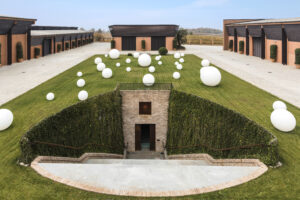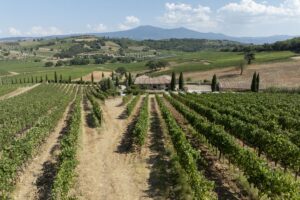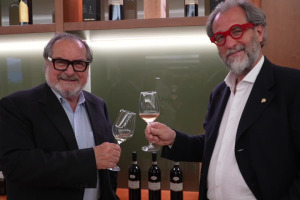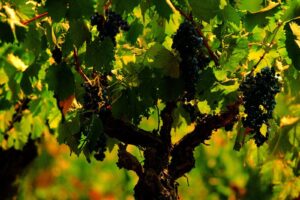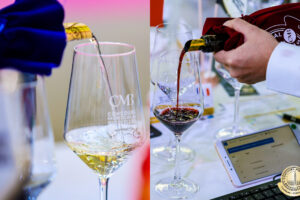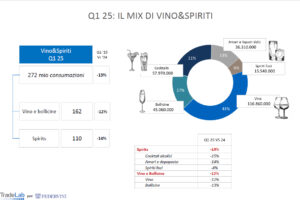The green light for field trials of crops obtained through Assisted Evolution Techniques (Tea), which formally will come with the conversion into law of the Drought Decree, but which politically is already so an element of a certain relevance (welcomed with enthusiasm by the entire agricultural world, as we have recounted here), opens new horizons for Italian agriculture, and especially viticulture, which, on genetic research, has been betting for a long time and with excellent results.
“Very good news”, as Professor Attilio Scienza, among the world’s leading experts on viticulture and an early proponent of genetic research on grapevines as an answer to the challenges of Climate Change, tells WineNews. “We will finally have the ability to verify the adaptation to climatic conditions, and the response to vine diseases of modified vines born in the laboratory. This is a necessary step to give practical substance to the theory, and to understand whether the production characteristics are indeed the same, or similar, to those of the original plant, and whether therefore the quality of the wine matches expectations”.
A fundamental step arrived at with the work of everyone, from academia to agricultural associations, despite the opposition and skepticism of a part of the wine world, prejudicially opposed to genetics, as well as an important part of consumers. For this reason, Professor Scienza resumes, “in addition to research, which we are very good at, we have to think about communication: this is something that benefits the consumer and benefits the world, it concerns environmental balance and the impact of chemistry on the earth, there are no other viable avenues but genetic research with Assisted Evolution Techniques (Tea), and therefore genome editing and cisgenesis”.
Obviously, such a revolution needs a long time, because “when you intervene at the gene level we don’t know what happens, you touch an arrangement that has a history of thousands of years. Removing or adding a gene has overall effects on the plant, or on certain traits, and the field trial is precisely to prevent there from being consequences, and it is right to adopt the precautionary principle, as long as it does not block research, as it has been until now. Researchers have a responsibility to work in a delicate and difficult field, but one that can bring great results, as evidenced by the successes, in this regard, of crops from other crops in the United States”.
Looking forward, Tea (Assisted Evolution Techniques) “would finally allow for fully disease-tolerant vines, and perhaps even more resilient to climate change, going so far as to produce wine without the use of chemistry”. Yet a certain distrust of genetics endures. It is a subject taught little and poorly in high school, despite being a fundamental part of the history of biology.
“It’s normal to be afraid of what we don’t know, but in fact everything we eat-animal or plant-is the result of genetic improvement, by selection or crossbreeding, very often spontaneous”. And it was indeed man who made the first genetic selection, Professor Scienza further recalls, “When he became sedentary and an agriculturist 10,000 years ago, and the first thing he did was to choose plants and animals that could meet his food needs. Of course, genetics has made great strides in recent decades, and this is where the narrative becomes more difficult, because the agricultural and genetic revolution has been led by multinational corporations, and has been experienced as a challenge to traditional agriculture. Now, things have changed, no one uses genes from different species on the species we want to transform (transgenesis, ed.) anymore, because it is not sexually compatible. In the case of the grapevine, you use genes that come from the same genus, that of “vitis”, and therefore sexually compatible and within the variability of one genus. This is not GMOs, but cisgenesis, an intervention on genes that could also take place through traditional breeding, but it would be a much longer and more uncertain process”, Professor Scienza concludes.
Copyright © 2000/2025
Contatti: info@winenews.it
Seguici anche su Twitter: @WineNewsIt
Seguici anche su Facebook: @winenewsit
Questo articolo è tratto dall'archivio di WineNews - Tutti i diritti riservati - Copyright © 2000/2025











